May 30, 2025 | 10:22 GMT +7
May 30, 2025 | 10:22 GMT +7
Hotline: 0913.378.918
May 30, 2025 | 10:22 GMT +7
Hotline: 0913.378.918
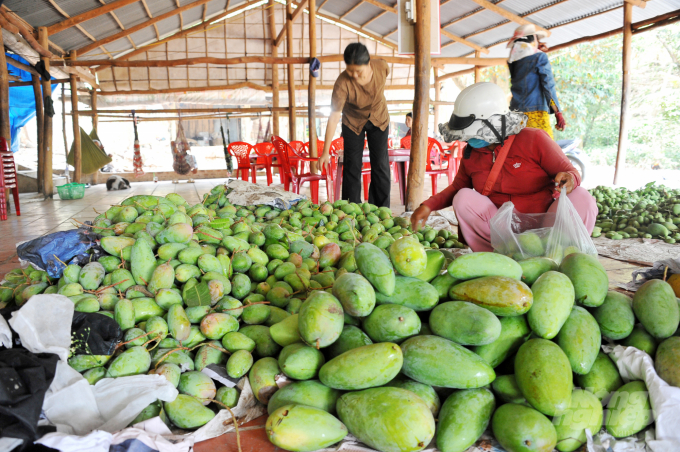
Taiwanese mangoes, depending on the type, cost only VND 3,000-5,000 per kg, and the most beautiful ones are only VND 6,000-7,000 per kg. Photo: Le Hoang Vu.
Mango plants in the River Delta are currently entering the harvest season, and the mango price has begun to fall. Due to poor pricing, Taiwanese and Takeo mango producers are the most impacted. Even many locations have seen the absence of dealers.
Mango plants are mostly concentrated in the provinces of Dong Thap, Tien Giang, Vinh Long, Hau Giang, and Can Tho city in the River Delta, covering a total area of 27,000 ha and producing around 300,000 tons of fruits. Whereas the main crop mango accounts for around 50% of the area and output, the remaining crops are off-season. Vinh Long province, in particular, has over 4,900 hectares of mango plantation in districts such as Vung Liem, Mang Thit, and Tam Binh.
Regularly following the Lunar New Year, the price of mango begins to fall. It is not a big issue for mango gardeners; nevertheless, the mango crop this year entered a ripening riot with a large volume, but it is difficult to find traders to consume the fruits, which worries farmers.
Mr. Nguyen Van Liem, a mango grower in Trung Chanh commune, Vinh Long province's Vung Liem district, has about 6,000 square meters of intercropping garden with two varieties of mangoes, Cat num and Taiwanese. His garden now has 4 tons of Taiwanese mangoes that require harvesting, but no dealer has arrived to buy them owing to slow consumption.
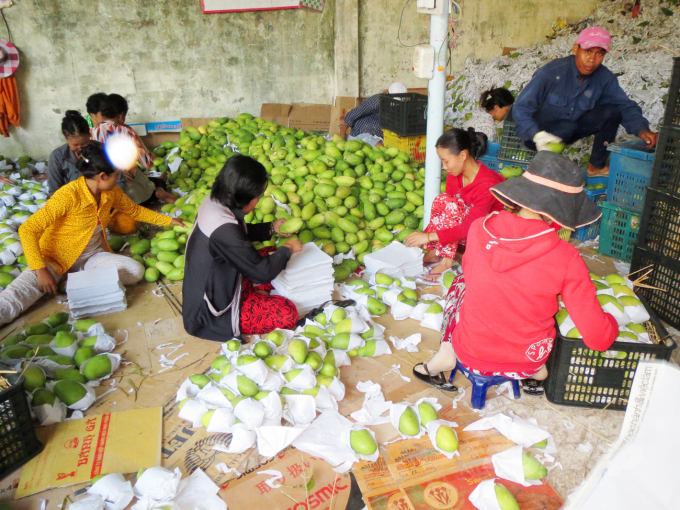
About half a month ago, Taiwanese and Taikeo mangoes could not be exported to China, so prices dropped sharply. Photo: Le Hoang Vu.
Mr. Le Van Dien, Deputy Director of Quoi Thien Mango Cooperative (Vung Liem, Vinh Long), explained that because Taiwanese mangoes are often served fresh and are difficult to consume, they are quite cheap. However, Cat Num and Cat Chu mangoes remain at higher prices. Taiwanese mangoes now cost between VND 3,000 and 5,000 per kilogram, with the most exquisite varieties costing just VND 6,000 - 7,000 per kg. Cat num mango is more costly, costing between VND 20,000 and 25,000 per kg.
Around 8ha of mango land in Quoi Thien commune is in steady consumption because farmers joining the Quoi Thien cooperative to establish stronger connections with firms; nonetheless, farmers of the remaining 200 ha of mango area must seek dealers on their own.
Mr. Ngo Phuoc Linh, a ten-year experienced mango merchant in Tam Binh district, Vinh Long province, noted that Taiwanese and Taikeo mangoes are mostly exported to China for fresh consumption. They have been unable to ship a month ago, resulting in a considerable decline in prices.
At the moment, the purchase price for these two varieties of mangoes at farmers' gardens is between VND 3,000 and 6,000 per kg (depending on the type), owing to their extremely slow consumption. Exported Taiwanese mango with high quality, weighing between 500 grams and 1 kilogram each fruit, costs only around VND 20,000 per kg.
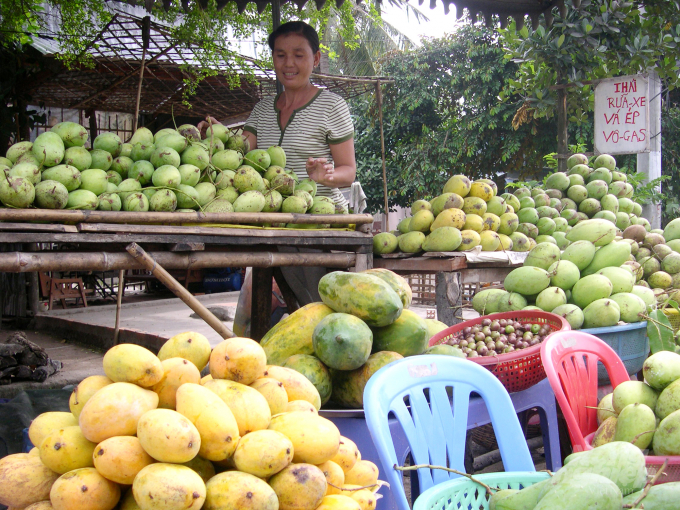
It is a ripening riot crop of mango in the Mekong Delta so the price reduces by 20-30% compared to the previous month. Photo: Le Hoang Vu.
Ms. Tran Thi Bich Tran, Director of Trieu Do Agricultural Products Company in Can Tho's Ninh Kieu district, said that the price of a variety of mangoes in the Mekong Delta has decreased by 20%-30%, and even more for fresh mangoes, owing to the ripen riot.
The decline in the price of fresh mangoes is due to the difficulties of exporting them, particularly Taiwanese and Taikeo mangoes. China has strengthened export management through northern border gates to prevent and control Covid-19, lowering the export volume of several mango varieties; even purchasing facilities opted to cease or cut purchases.
Mango fruit is abundant in many places of the Mekong Delta, since many mango gardens have reached harvest season, and planting areas have been expanded throughout time. The second problem is that many varieties of mangoes are still consumed mostly raw and cannot be kept because of insufficient post-harvest preservation and processing, resulting in dropping prices throughout the mango ripening season.
To avoid a price decline in fresh mango products during the main season, producers should increase mango blossoming in off-season crops to offset rush consumption. Additionally, mango producers should affiliate with cooperatives or corporations to assure output, produce mangoes in accordance with company requirements, and have registered planting area numbers...
Translated by Linh Linh
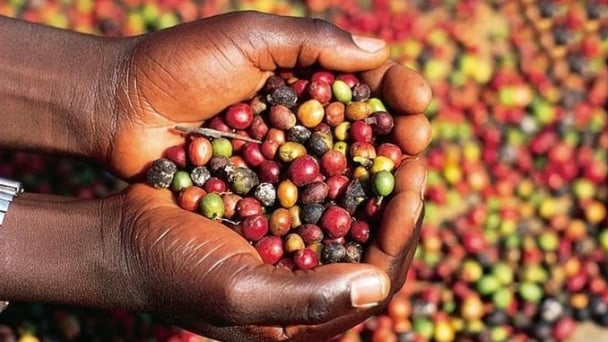
(VAN) Coffee prices on May 29, 2025, are fluctuating. The domestic coffee market declined, dropping by VND 2,200, trading at VND 119,700 – VND 120,000/kg.
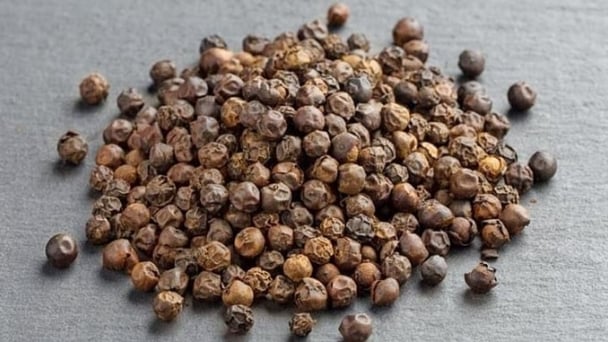
(VAN) Pepper prices on May 29, 2025 declined sharply. Domestic pepper prices in Vietnam remain stable, Trading at VND 147,000 to VND 148,000/kg.
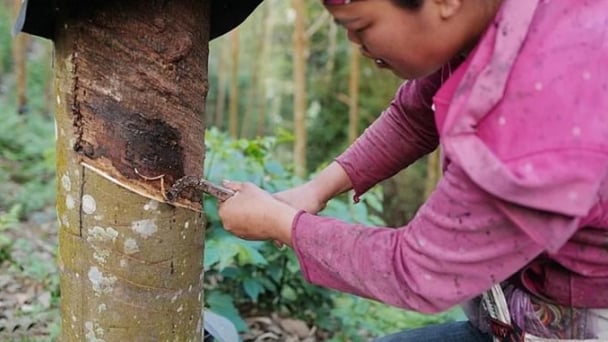
(VAN) Rubber prices on May 28, 2025 are maintaining an upward trend. Domestic latex prices remain stable, trading in the range of VND 397 to VND 462/TSC.
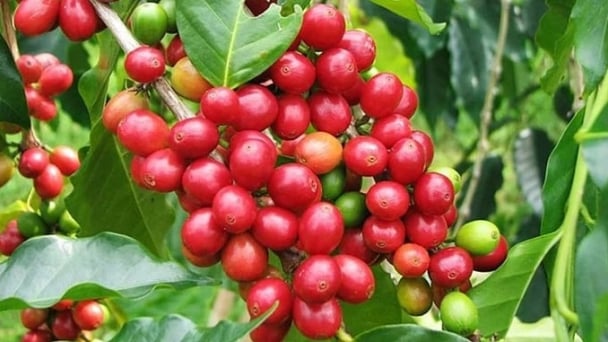
(VAN) Coffee prices on May 28, 2025, show mixed movements. Domestically, prices dropped sharply by VND 1,600, trading at VND 121,700 – VND 122,200/kg.
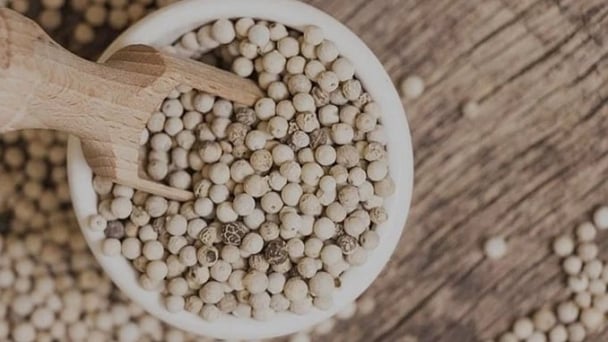
(VAN) Pepper prices on May 28, 2025, remained unchanged globally. Domestic pepper prices have increased by VND 1,500, trading at VND 147,000 – VND 148,000/kg.
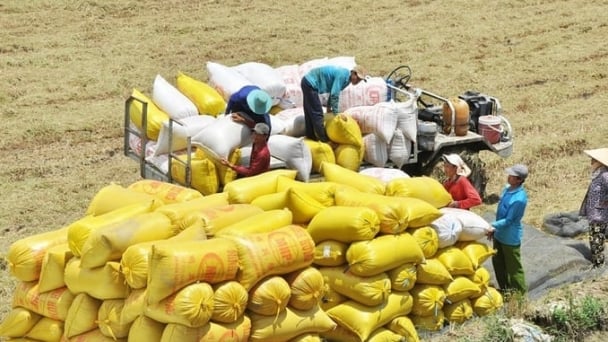
(VAN) Rice prices on May 27, 2025, show no new changes for both paddy and milled rice. Meanwhile, Vietnam’s export rice prices continue to remain flat.
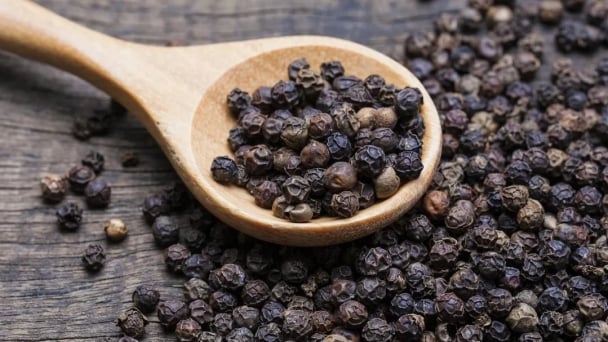
(VAN) Pepper prices on May 27, 2025, recorded a slight increase in Indonesia, while domestic prices remain stable, trading at VND 146,000 to VND 147,000/kg.